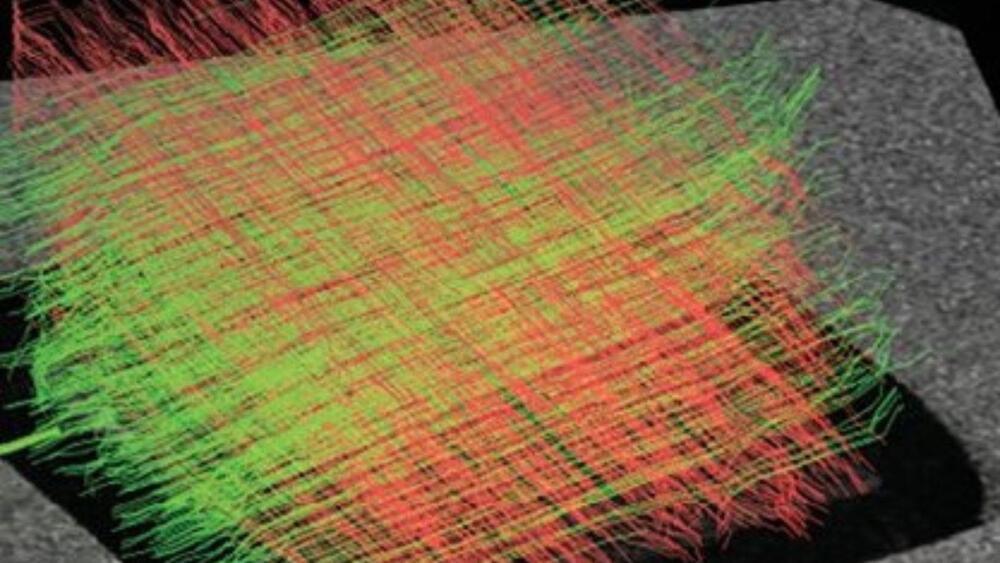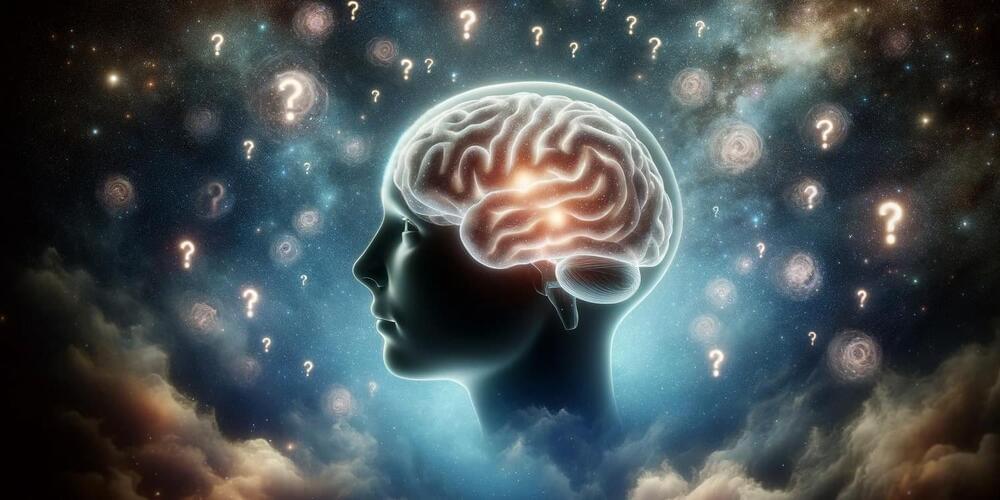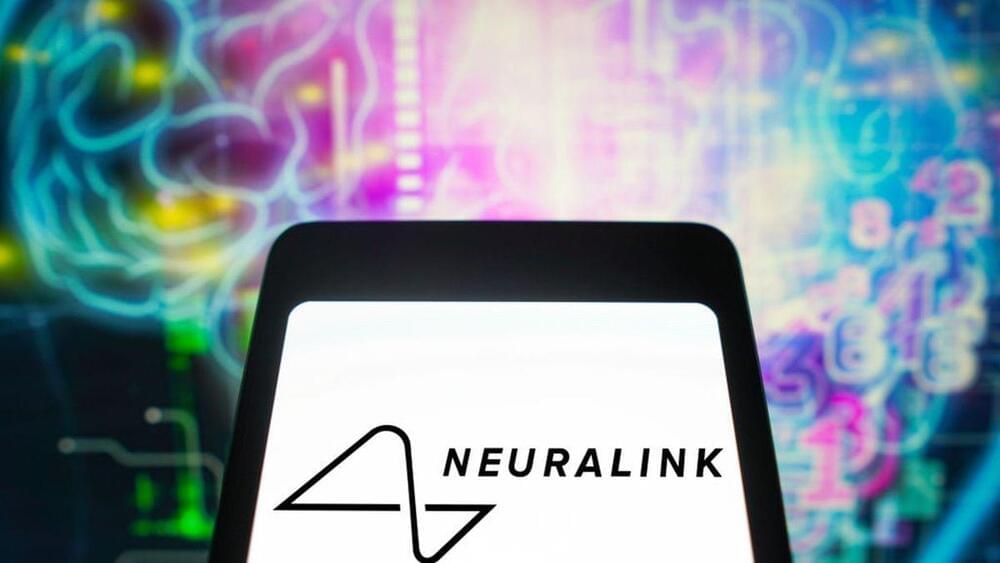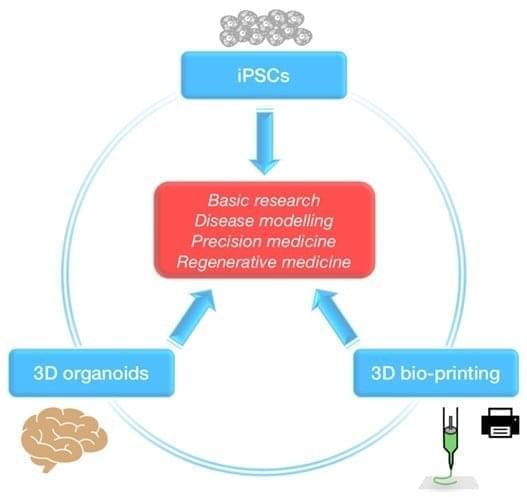Summary: Researchers propose a new approach to determine when consciousness emerges in infancy. Their suggestion, based on identifying markers of consciousness in adults and tracking when these markers appear in babies’ development, offers a potential pathway to understand this long-standing question.
The approach includes looking for specific behaviors or brain activation patterns known to correlate with consciousness in adults and then finding when these begin in infants. By identifying and grouping a broad range of markers present in early and late development, the researchers aim to pinpoint the emergence of consciousness more accurately. This method could provide insights into the complex process of becoming conscious, despite challenges like the inability of infants to communicate their experiences.





